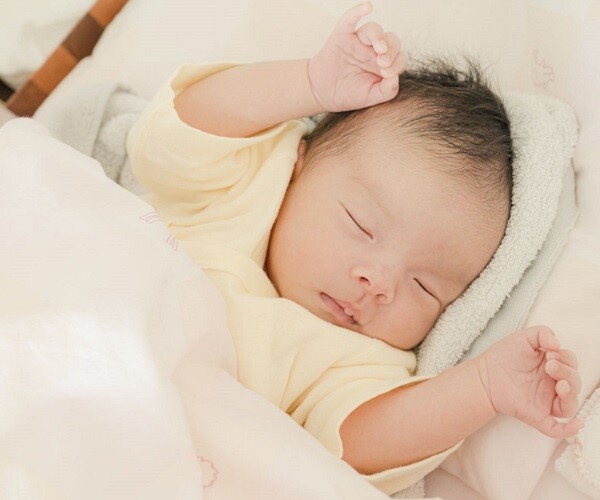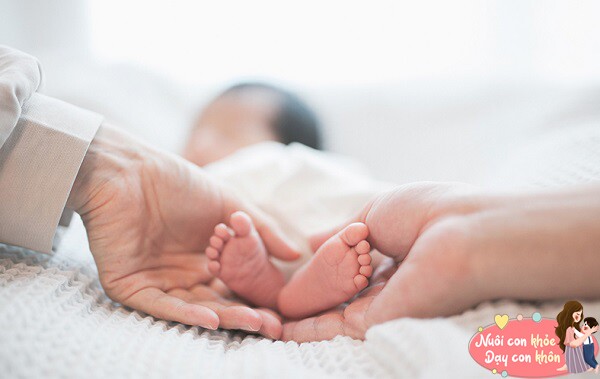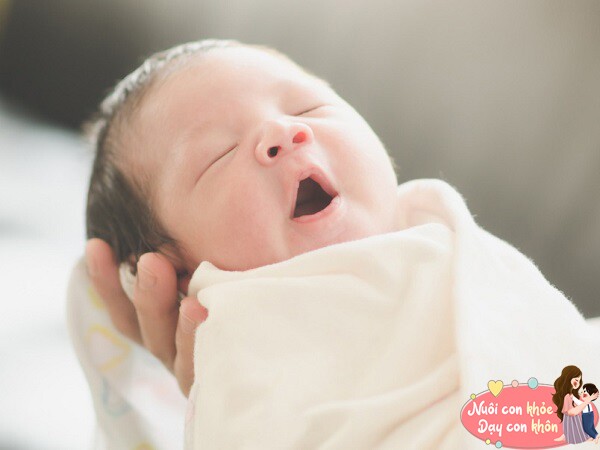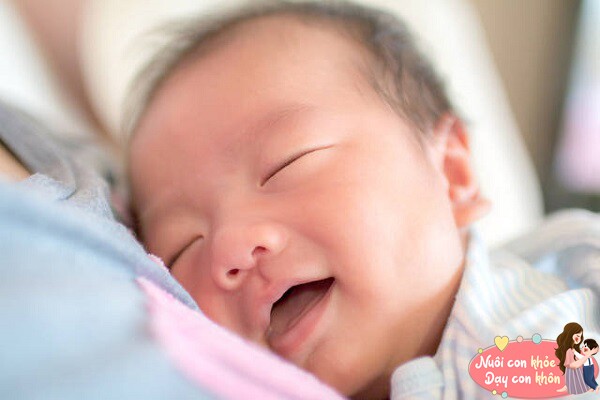## Early Signs of Intelligence in Infants: A Mother’s Guide
From the very beginning, infants display an incredible capacity to absorb information and react to their surroundings. Highly intelligent children often exhibit certain traits early on, such as curiosity and keen observation skills.
Children learn not only through words but also through emotions, expressions, and actions. Even at a young age, children display signs such as facial recognition, reaction to sounds, and imitation of adult actions.
As your child grows, it’s important to pay attention to their physical characteristics and behaviors.


Startle Reflex
The startle reflex in infants is linked to brain development. After birth, the central nervous system continues to develop and mature.
During this stage, the development of the central nervous system prompts infants to exhibit specific reflexes, reflecting their interaction with the environment. The startle reflex is one of the basic responses infants have, typically triggered by loud noises or unexpected stimuli. This is a positive sign indicating that the infant’s brain is functioning and developing properly.
When infants exhibit conditioned reflexes, they often startle, and mothers should pay attention to these reactions. These reflexes are not merely physiological responses but also demonstrate the child’s ability to learn and adapt to their surroundings.
Sensitivity to external stimuli is an important aspect of cognitive development. If an infant frequently startles, it indicates that their central nervous system is developing well, symbolizing intelligence.
However, it’s important to note that excessive startle reflexes may not only be normal reactions but could also indicate underlying health issues.
While being startled by something is typically a normal physiological response, frequent and intense startle reflexes may point to potential health concerns. Factors such as a sense of insecurity, anxiety, or even auditory issues could contribute to this phenomenon.
Monitoring and documenting your child’s development is crucial. Observe the situations that trigger your child’s startle reflex to better understand their stimuli. If you have any concerns about their development, consult a pediatrician for timely advice and support.

Startle Reflex.

Environmental Sensitivity
It’s common for newborns to cry frequently in the first few days after birth. In fact, this behavior is often due to their “sensitivity to environmental awareness.” During the initial days after birth, infants are highly sensitive to changes in their surroundings, and their sense of security is very low.
Alterations in sound, light, or even scents can create a sense of unfamiliarity and trigger crying spells.
This indicates a keen body awareness and is a sign of intelligence. Environmental sensitivity and strong reactions reflect the development of the central nervous system.
Infants with good cognitive abilities will quickly perceive and react to stimuli, positively contributing to brain development.
A heightened sense of body awareness enables infants to recognize their surroundings, which is crucial for building intelligence. As they feel more secure and adjust to their new environment, their observation and learning abilities flourish, leading to the formation of quick thinking. Parents should pay attention to these reactions and strive to create a stable, warm, and loving environment to alleviate any feelings of insecurity.

Environmental Sensitivity.

Rich Expressions of Crying and Laughing
Crying is innate in infants. As newborns cannot speak, they express discomfort, unhappiness, and their needs through crying. This is their primary form of communication during the early stages of life, and each cry carries a specific meaning, ranging from hunger and a wet diaper to feeling cold or being in pain.
However, some infants start smiling within the first month. Their laughter brings joy and signifies positive psychological development.

Rich Expressions of Crying and Laughing.
Smiling during sleep is also a conditioned reflex in the development of the central nervous system. When infants feel comfortable and secure, they may smile in their sleep.
The range of emotions, from crying to laughing, indicates the child’s holistic emotional development and their ability to communicate and connect with the world around them.
Additionally, these reactions can signify rapid brain development. When infants smile, it shows they are learning to recognize and respond to the emotions of others.



































